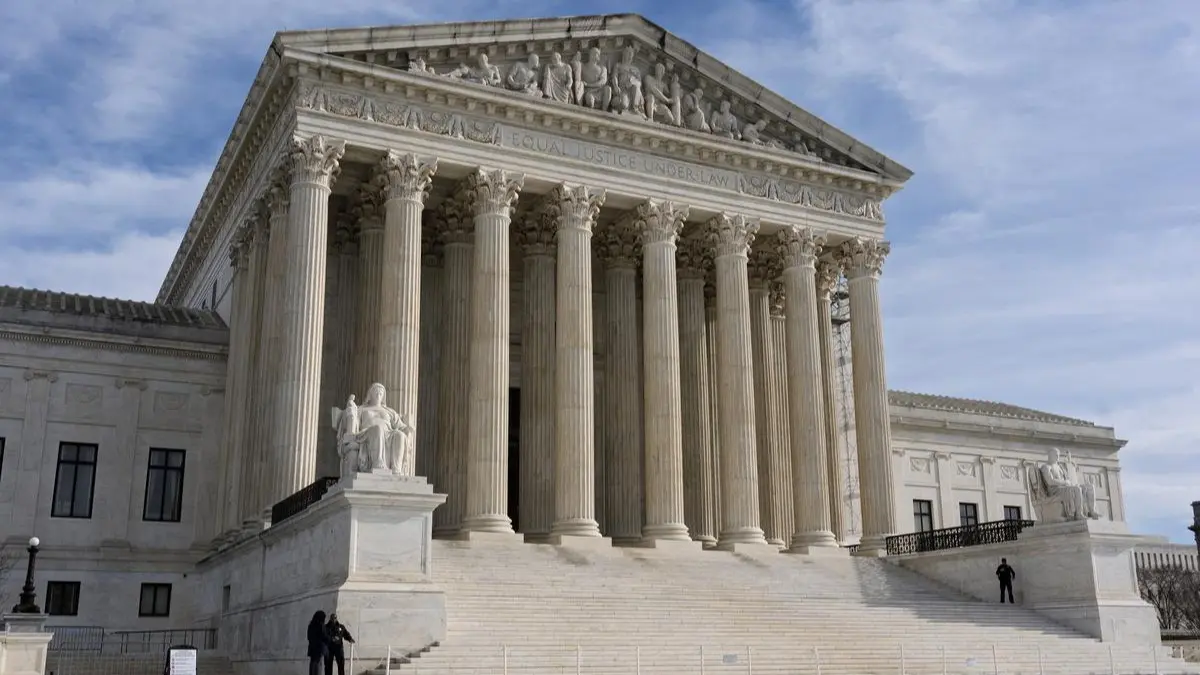Updated 20 April 2025 at 00:11 IST
US Supreme Court Halts Deportation of Venezuelan Migrants Under 1798 Law
The Alien Enemies Act allows the government to detain and remove nationals of countries it is at war with.
- World News
- 2 min read

In a dramatic late-night decision, the U.S. Supreme Court temporarily blocked the deportation of detained Venezuelan migrants who were set to be removed under the centuries-old Alien Enemies Act (AEA). The move pauses the Trump administration’s effort to carry out mass deportations in line with the president’s campaign promise.
The order, issued just after midnight on Saturday, prevents further deportations of Venezuelan nationals being held at the Bluebonnet Detention Center in Texas “until further order of this court.” The ruling came in response to an emergency appeal filed by the American Civil Liberties Union (ACLU) Foundation.
Legal Challenge Over Use of Old Wartime Law
The Alien Enemies Act allows the government to detain and remove nationals of countries it is at war with. The Trump administration invoked this rarely used statute as the legal basis for deporting certain Venezuelan migrants, citing national security concerns and asserting broad executive authority.
But the ACLU argues that the administration is misusing the law.
Advertisement
In their appeal to the high court on Friday night, the ACLU stated that the government had failed to “give members of the proposed class a realistic opportunity to contest their removal under the AEA.”
The case raises complex legal and constitutional questions about whether the Alien Enemies Act—written over 200 years ago—can be applied in the current context, especially in the absence of a formal war with Venezuela.
Advertisement
Divided Bench, Ongoing Uncertainty
The Supreme Court's unsigned order grants a temporary reprieve to the migrants while the legal challenge proceeds. However, the decision was not unanimous. Justices Clarence Thomas and Samuel Alito dissented, indicating division within the court over how to handle the administration’s use of emergency powers.
No timeline has been provided for a final decision, but for now, deportations under the AEA have been halted.
Published By : Sagar Kar
Published On: 20 April 2025 at 00:11 IST
